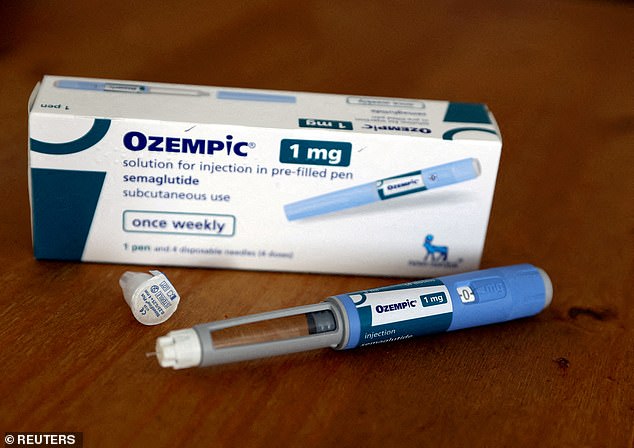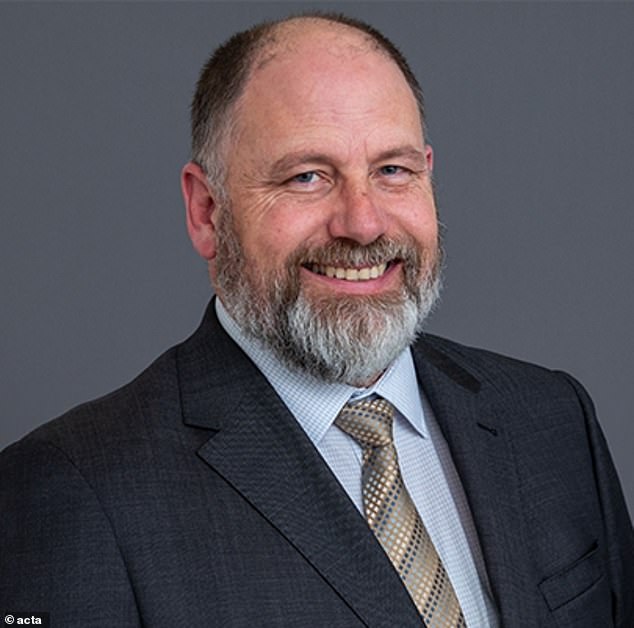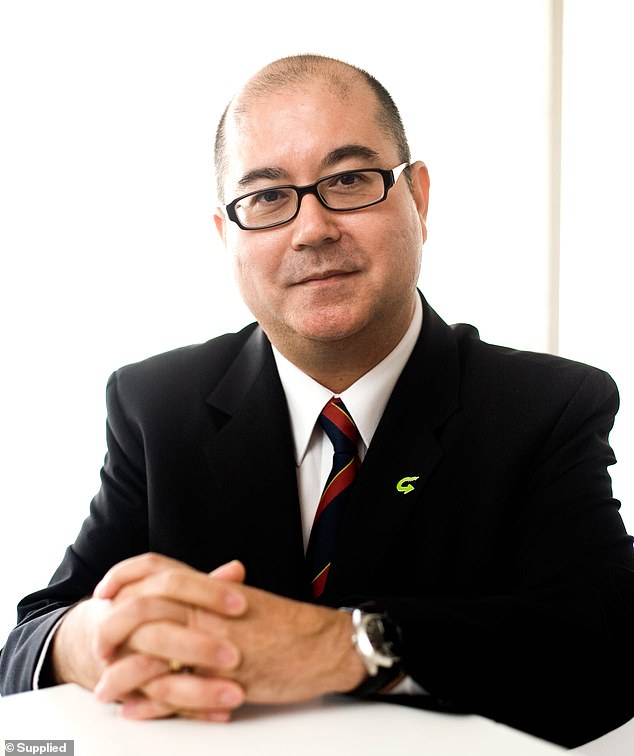Doctors are being tricked into prescribing fake Ozempic as scammers rush to produce copies of the highly sought after miracle weight loss drug in home labs.
Consumers are also warned to be very careful about offering Ozempic, also known by its compound name semaglutide, on unverified websites, as global shortages of the drug spur the production of fake substitutes.
Email and fax advertisements for suspected semaglutide are flooding Australian GP offices, prompting a warning that some doctors have been tricked into prescribing Ozempic knock-offs not produced by the official Danish manufacturer, the pharmaceutical giant Novo Nordisk.

A global shortage of the wonder weight-loss drug Ozempic is prompting scammers to flood the market with imitations.
Medical watchdog the Therapeutic Goods Administration (TGA) said they are aware of a number of patients suffering adverse events from the use of semaglutide of unknown origin which was mailed to them.
TGA officers raided a home in Sydney late last month and seized items suspected of being involved in the manufacture and sale of fake Ozempic.
Semaglutide, along with peptides and human growth hormones, was also seized in a raid at a Melbourne pharmacy in early March.
Professor Anthony Lawler, deputy secretary of the Department of Health and Aged Care, said doctors referring patients to peddlers of fake medicines “represented a serious breach of trust”.
“Not only have health care professionals been fooled into believing this was a legitimate pharmacy, but they have then referred their patients to have their prescriptions filled,” he told a website run by the Royal Australian College of General Practitioners (RACGP).
‘In these cases clinical judgment should be used, recognizing that there may be a high clinical risk for patients when the TGA does not assess the safety, quality and effectiveness of medicines.
‘I would also advise healthcare professionals to be very cautious when receiving unsolicited advertisements, especially by fax, and especially when the source of these advertisements is unknown.
“The TGA will continue to devote resources to investigating this matter and will take appropriate enforcement action against anyone found to have breached the law,” Professor Lawler said.
Dr Gary Deed, chair of Diabetes Special Interests at the RACGP, said counterfeiters were “taking advantage of people’s demands for a high-cost weight management drug”.


A property in Sydney was raided in late March and items suspected of having been used in the manufacture and sale of fake Ozempic were seized.
“It’s about accountability and trust that the patient is supported and that there are checks and balances,” he said.
Dr Deed warned that GPs should develop a network of trusted pharmacies and actively communicate with them to ensure patient safety.
Ozempic was developed for the treatment of diabetes, but is marketed abroad for weight loss under the brand name Wegovy.
Huge demand for the drug from dieters has caused a global shortage that is expected to continue into this year.
Dr Deed said GPs should not prescribe the drug to new patients unless there are compelling clinical reasons to do so and no alternative is available.


Professor Anthony Lawler, deputy secretary of the Department of Health and Aged Care, warned GPs to be wary of unsolicited advertisements for Ozempic or its parent drug.


Dr Gary Deed, chair of Diabetes Specific Interests at the RACGP, said GPs needed to build a network of trusted pharmacies.
“Yes, Ozempic is listed for diabetes-related management, but the original drug has TGA listed in different dosage forms for obesity management,” he said.
‘Therefore, there are somewhat overlapping but divergent groups seeking access, and supply problems may persist for some time, so people with diabetes may continue to struggle to secure a continuous supply, which is not a good outcome. .
“It is a reminder that when using unauthorized medications, be aware, inform patients and seek and record consent, reduce your risks and those of patients by using well-known and trusted pharmacies to help your patients.”
The TGA has urged GPs to report any illegal or questionable practices or suspected non-compliant advertising to its Product Investigation Section.
.

